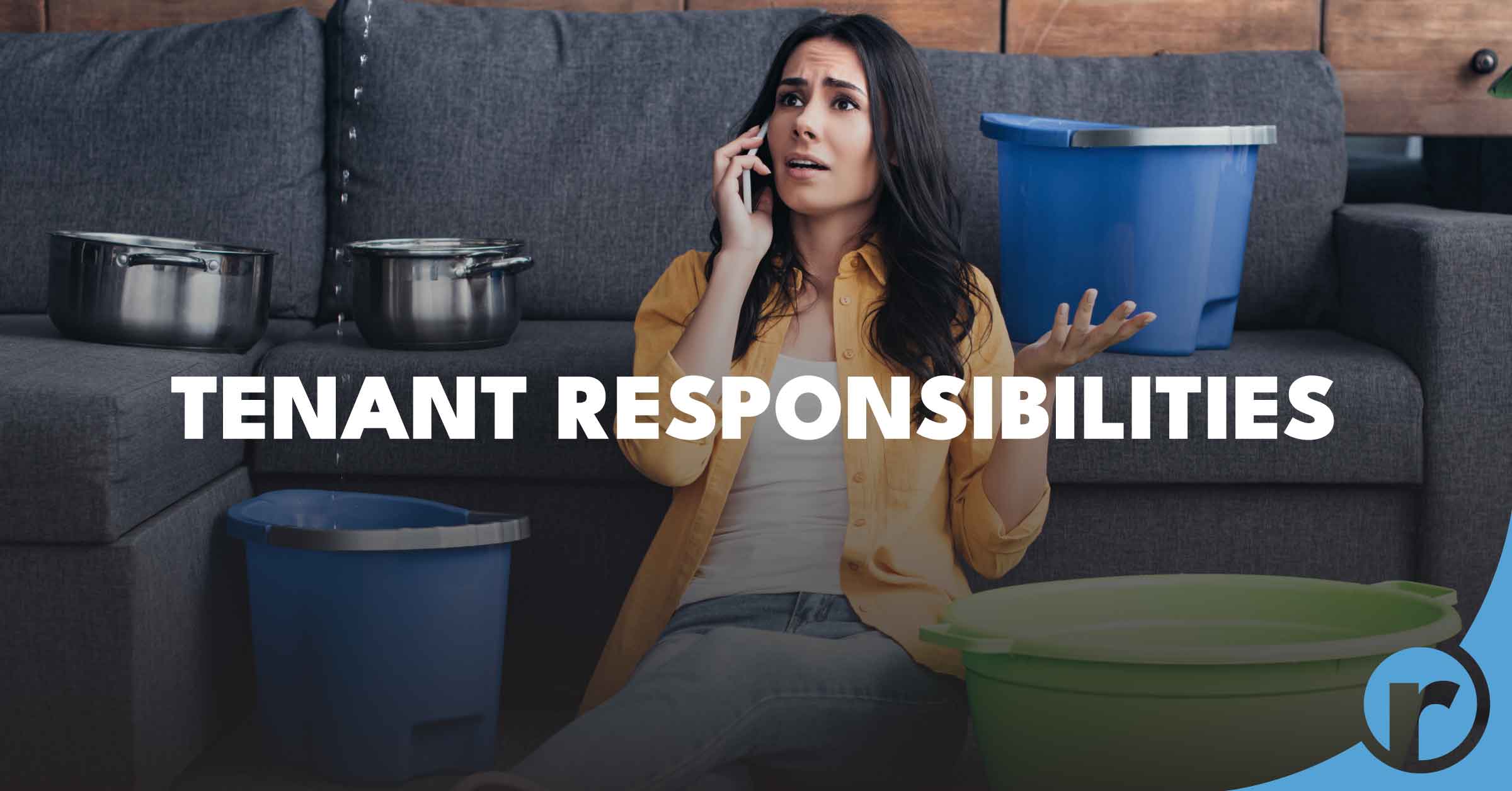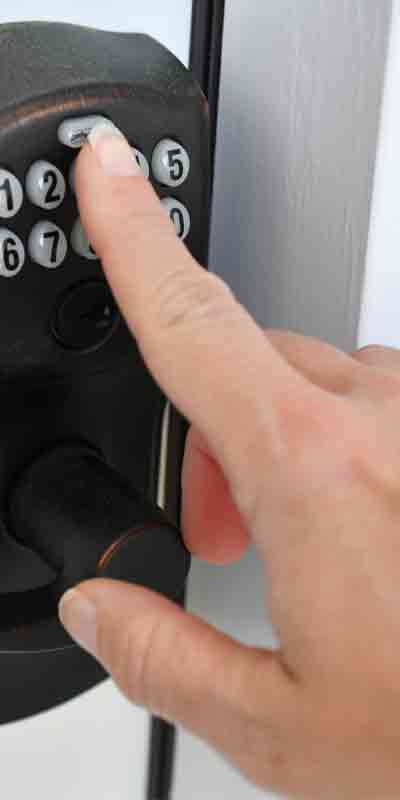A well-maintained rental property is a key aspect of a positive living experience. This blog post serves as a comprehensive guide for tenants, providing insights on reporting maintenance issues effectively to ensure prompt resolutions and a well-cared-for living space.
1. Understand your Lease Agreement and the Residential Tenancy Act
If you’re reading this, it’s likely that you already have a problem, and you’ll now have to backtrack to understand your responsibilities compared to the landlord regarding maintenance. Understandably, the Residential Tenancy Act is a bit vague when discussing maintenance and certain repairs because there are countless unique scenarios that would be hard to cover. So, we generally separate things into tenant-caused and consumable or general maintenance and repairs.
Consumables
Some consumable items include water and air filters, light bulbs, and batteries. As you use them, they naturally wear out. Because they’ve worn as a direct result of your use, you’re responsible for replacing or cleaning them.
Here’s a sample of what these could be:
Air Filters:
- Central vacuums
- Heat recovery ventilators
- Furnace
Water Filters:
- Refrigerators
- Whole-home humidifiers
- Under-sink water filtration systems
Batteries:
- Smoke and CO detectors
- Garage door openers (battery backup)
- Garage keypads
- Entry key fobs
Tenant-Caused
Repairs required from a tenant’s use generally fall within the tenant’s responsibility. For example, if your shower drain is clogged as a result of collecting your hair and other debris building up in pipes, that is your responsibility. This also relates to tenant-caused-damage; if you abuse the refrigerator’s door handle and it prematurely breaks, a landlord may request that you cover the repair.
While renting does provide more peace of mind and less responsibility for tenants, which is great for managing budgets, you still have the responsibility and duty of care regarding maintaining the property.
Just as we encourage landlords to treat their tenants like customers, we also encourage tenants to treat their property like their home.
2. Use the Designated Communication Channels:
All property management companies and landlords have different preferences regarding how to communicate. For example, today, we prefer tenants to utilize the general contact form on our website. When selecting “Tenant Services” as the subject, they can upload photos and videos, which help greatly with diagnosing and resolving issues more quickly. Other companies may want a phone call or email.
3. Provide Detailed Information:
The more information you provide about a concern, the quicker it will be resolved. We’ve had many cases where tenants sent a basic message, and after further investigation, we determined that the problem was easily fixed or avoided altogether. Landlords often spend hundreds of dollars for a company to visit a property for a diagnosis, which is nice to avoid if it’s not required.
Effective communication and adherence to reporting procedures enhance the maintenance process for tenants and landlords. We hope this eases the process of tenants and landlords managing expectations and contributes towards speedy repairs!












